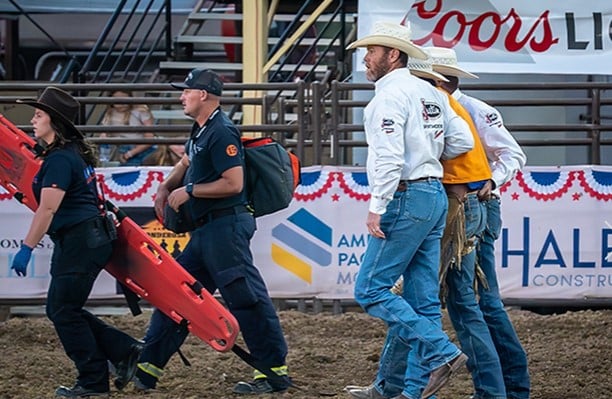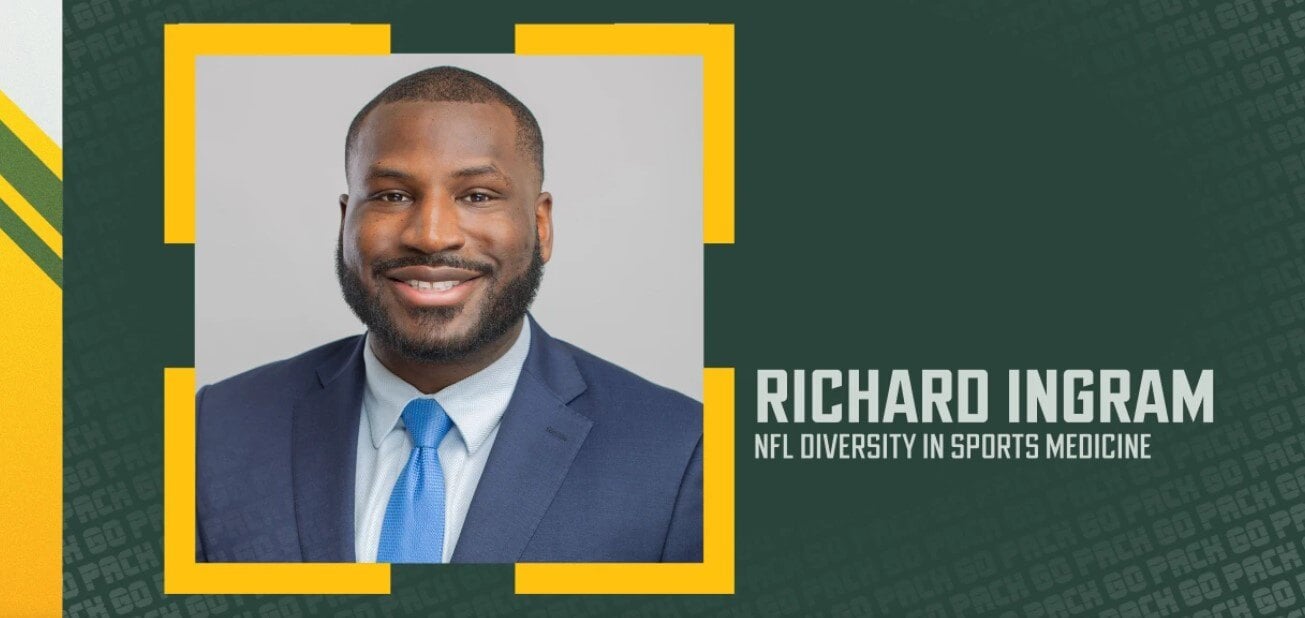Medical Professionals Should Have Final Say in Athletes’ Health, Not Coaches
 The importance of medical autonomy on the athletic field is being highlighted in a recent trial involving Dr. Scott Lynch and Penn State.
The importance of medical autonomy on the athletic field is being highlighted in a recent trial involving Dr. Scott Lynch and Penn State.
Dr. Lynch, a former team physician, sued the university for wrongful termination, claiming he was fired for refusing to let football coach overrule his medical decisions regarding player care and return-to-play protocols.
 The case underscores the need for medical professionals, especially Athletic Trainers, to have the final say in athletes' health, free from the influence of coaches whose primary focus may be on winning games.
The case underscores the need for medical professionals, especially Athletic Trainers, to have the final say in athletes' health, free from the influence of coaches whose primary focus may be on winning games.
Lynch's situation is not unique; similar conflicts between team doctors and coaches over medical decisions are common in sports.
Testimonies from the trial revealed multiple instances where the coach allegedly pressured medical staff to alter their decisions, including cases involving serious injuries and mental health concerns.
This situation mirrors findings from a 2019 survey by the National Athletic Trainers' Association, which reported that 19% of Athletic Trainers had experienced coaches overruling their decisions, despite policies guaranteeing medical autonomy.
The jury sided with Dr. Lynch, awarding him $5.25 million in damages. This verdict not only addresses Lynch's personal ordeal but also calls attention to a broader national issue.
Dr. Lynch hopes the outcome will prompt the NCAA to enforce its medical autonomy policies more rigorously, ensuring that the health and safety of athletes are prioritized over competitive success.
The case serves as a reminder that medical professionals must maintain autonomy to protect athletes' well-being, advocating for policies that support their authority in making health-related decisions.
![HR Logo [Recovered]_Full Color Vertical-1](https://blog.healthyroster.com/hs-fs/hubfs/HR%20Logo%20%5BRecovered%5D_Full%20Color%20Vertical-1.png?width=199&height=178&name=HR%20Logo%20%5BRecovered%5D_Full%20Color%20Vertical-1.png)
 By
By


